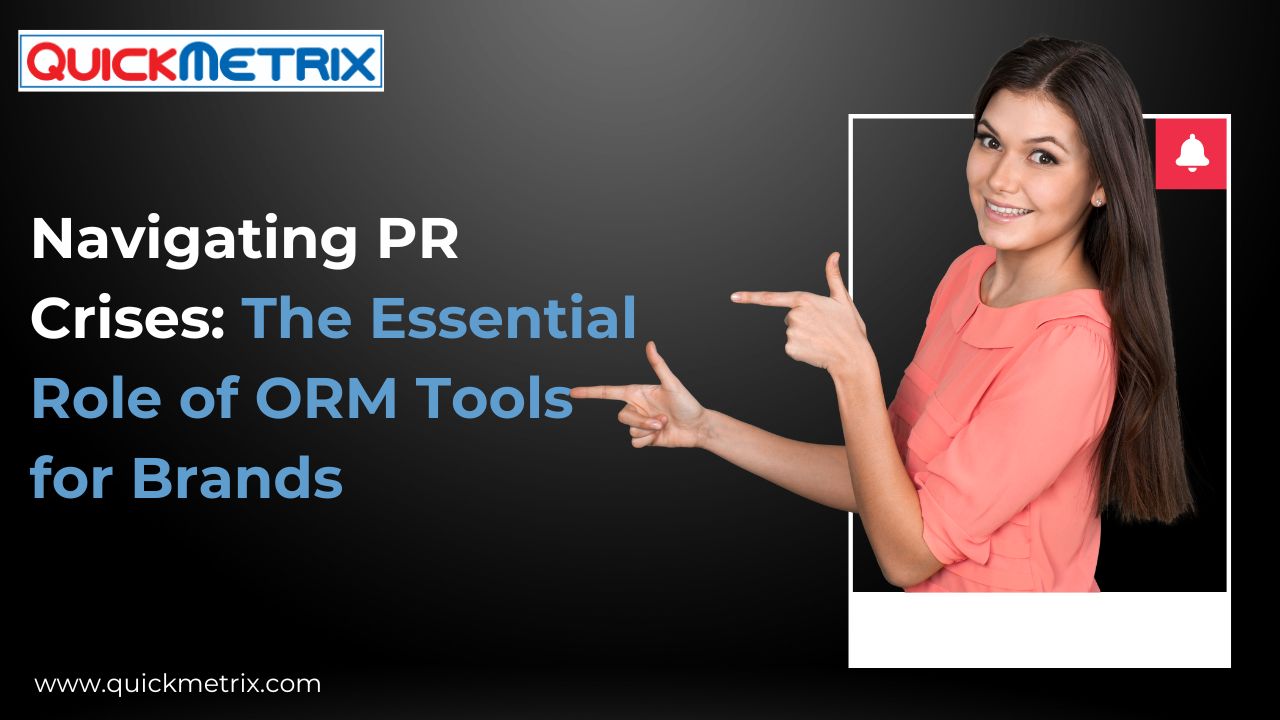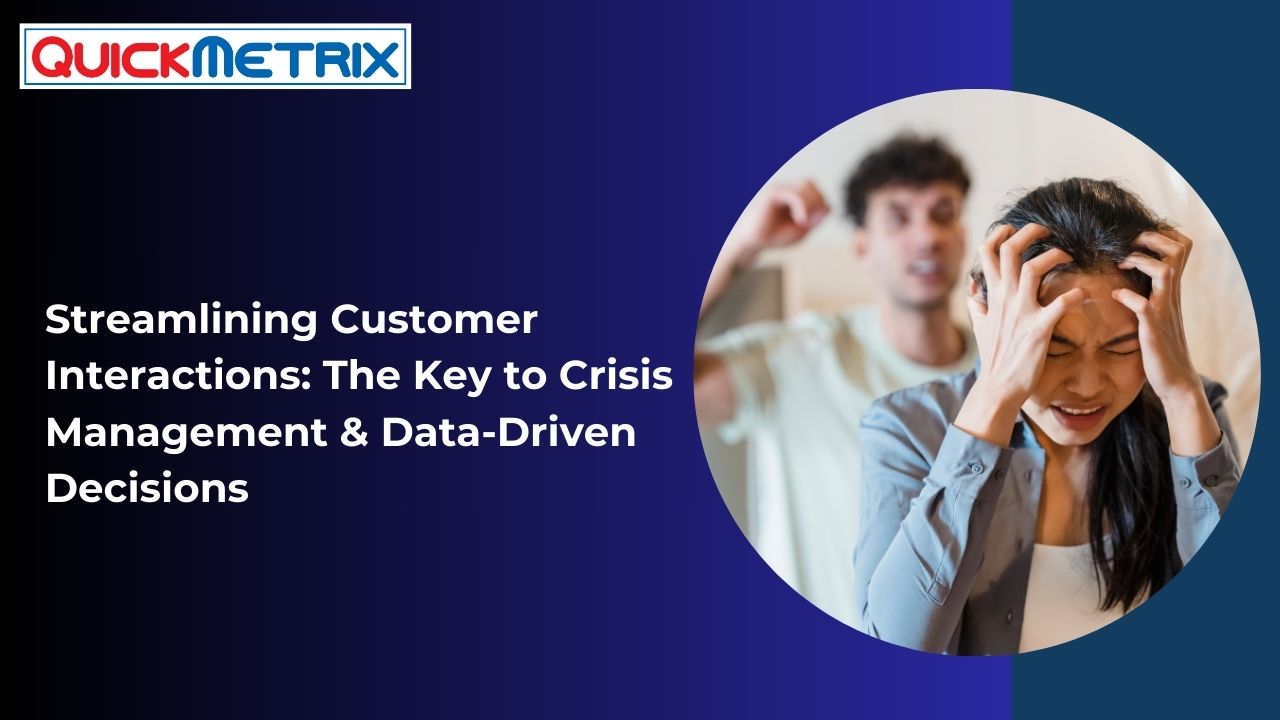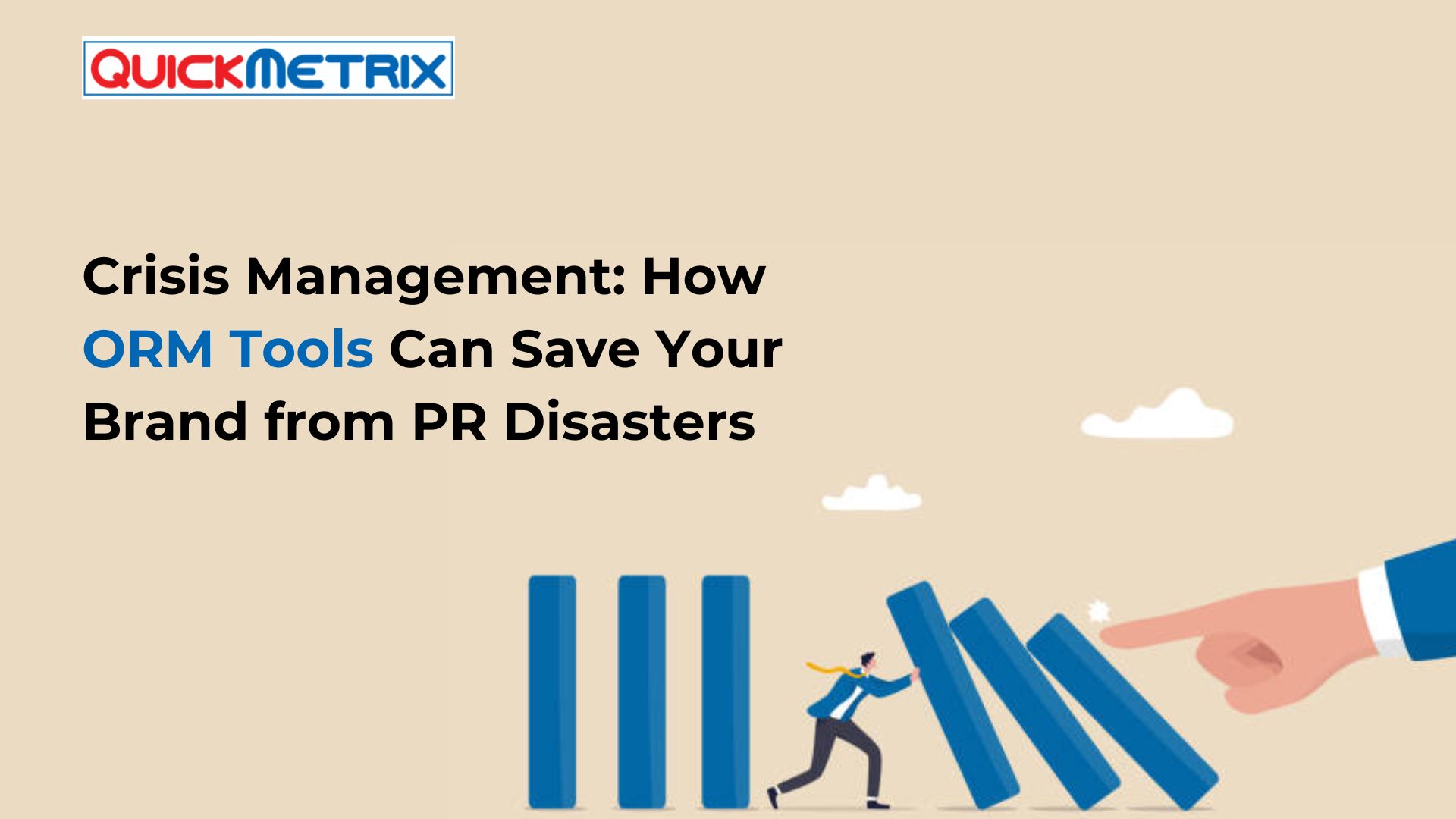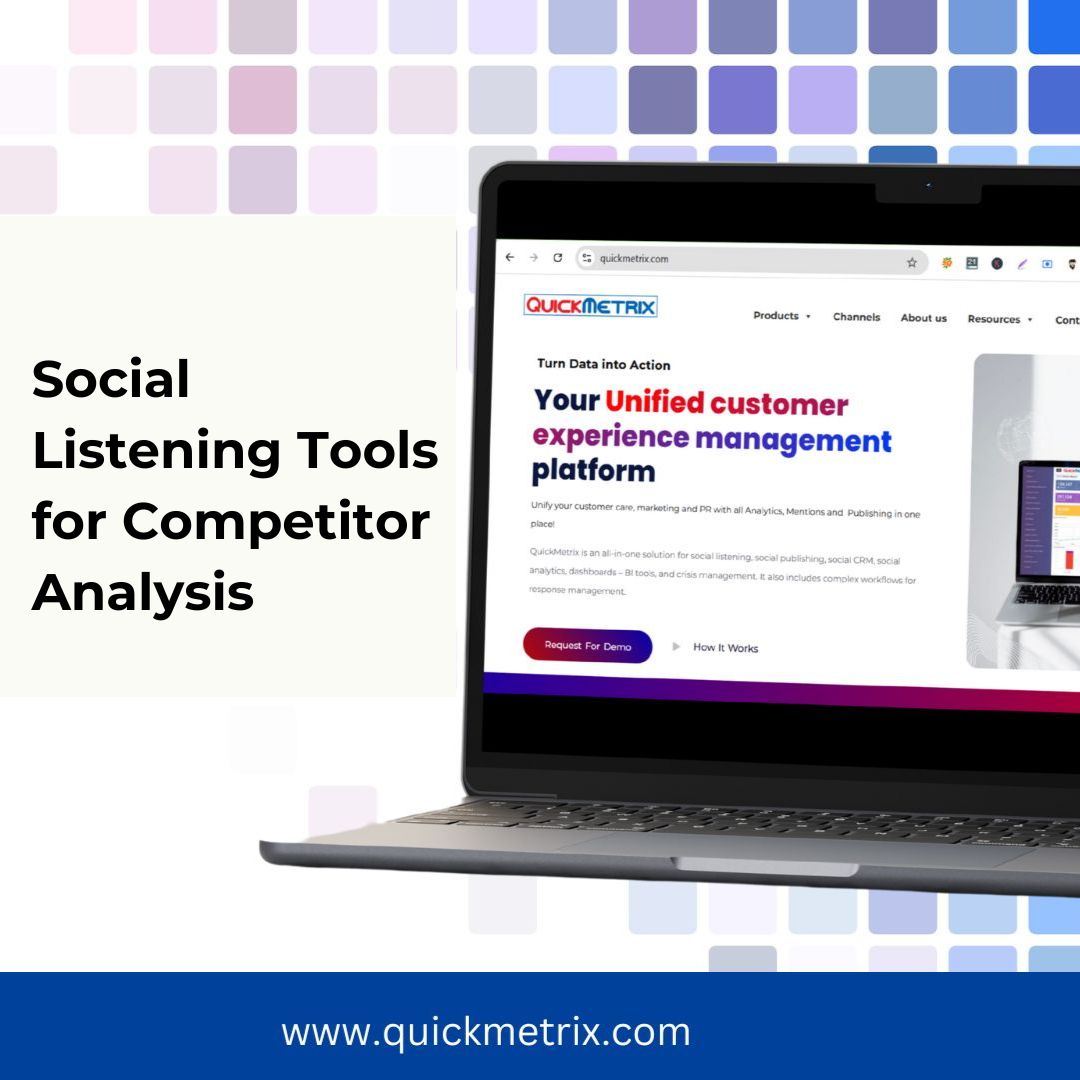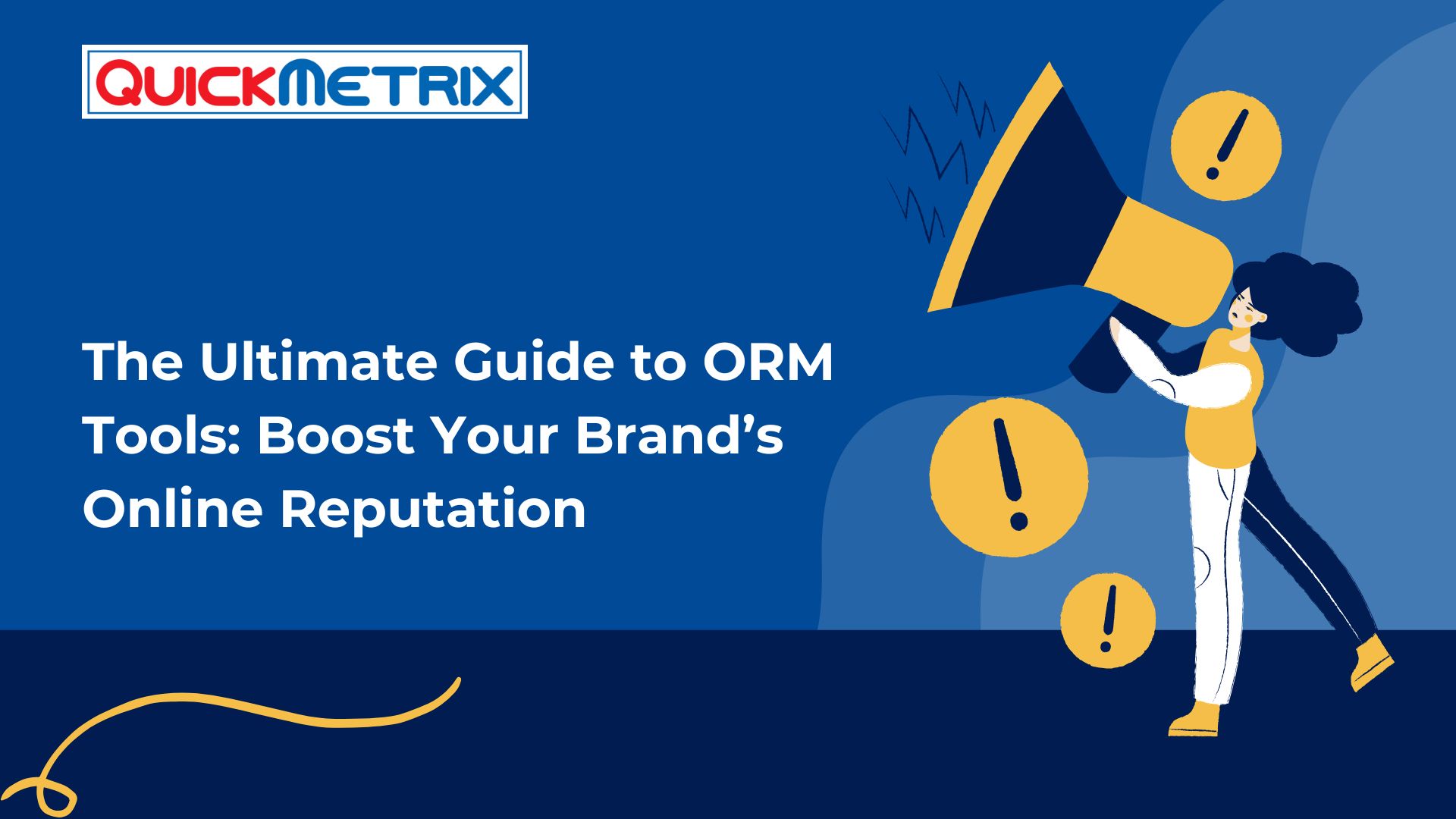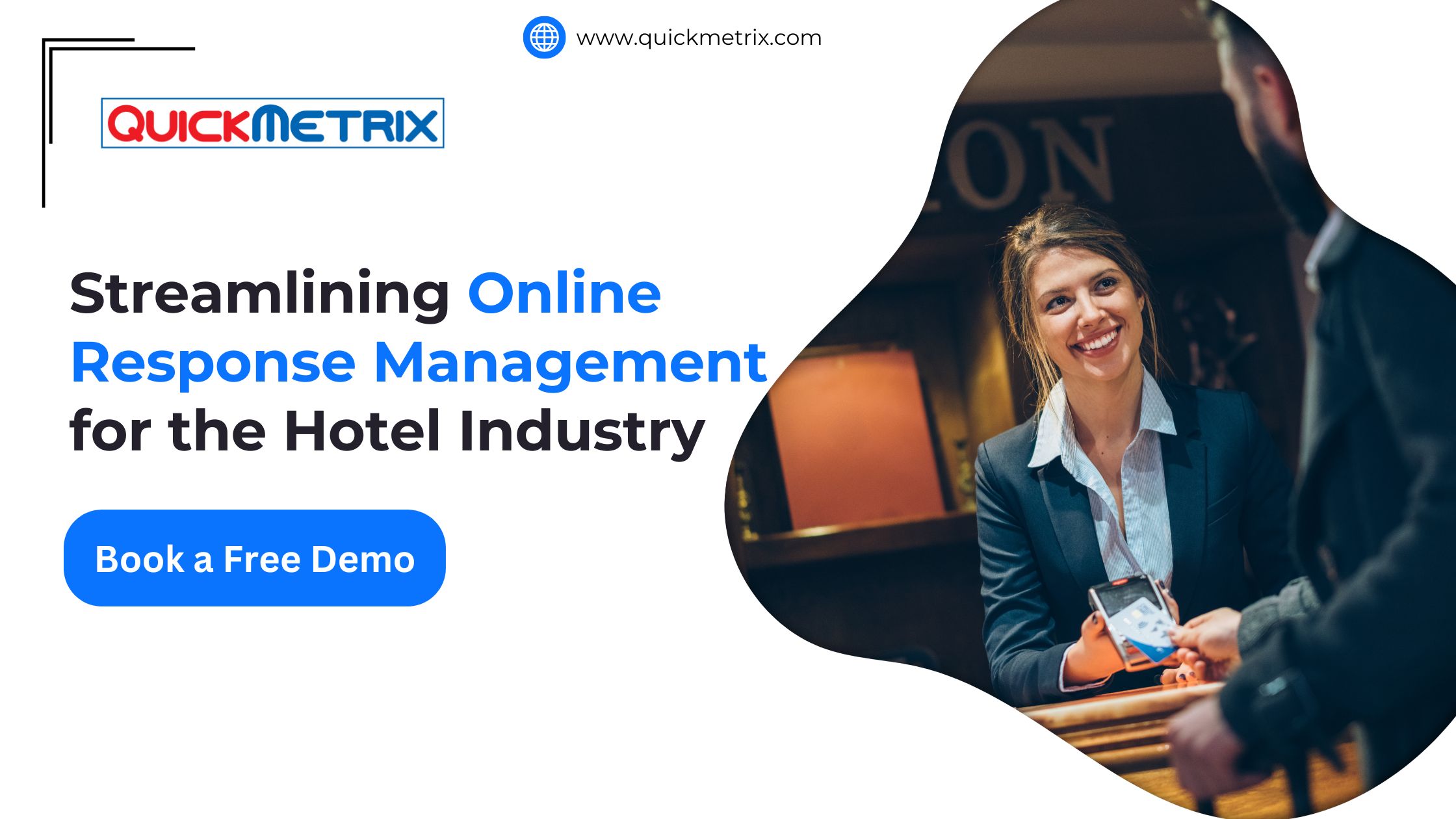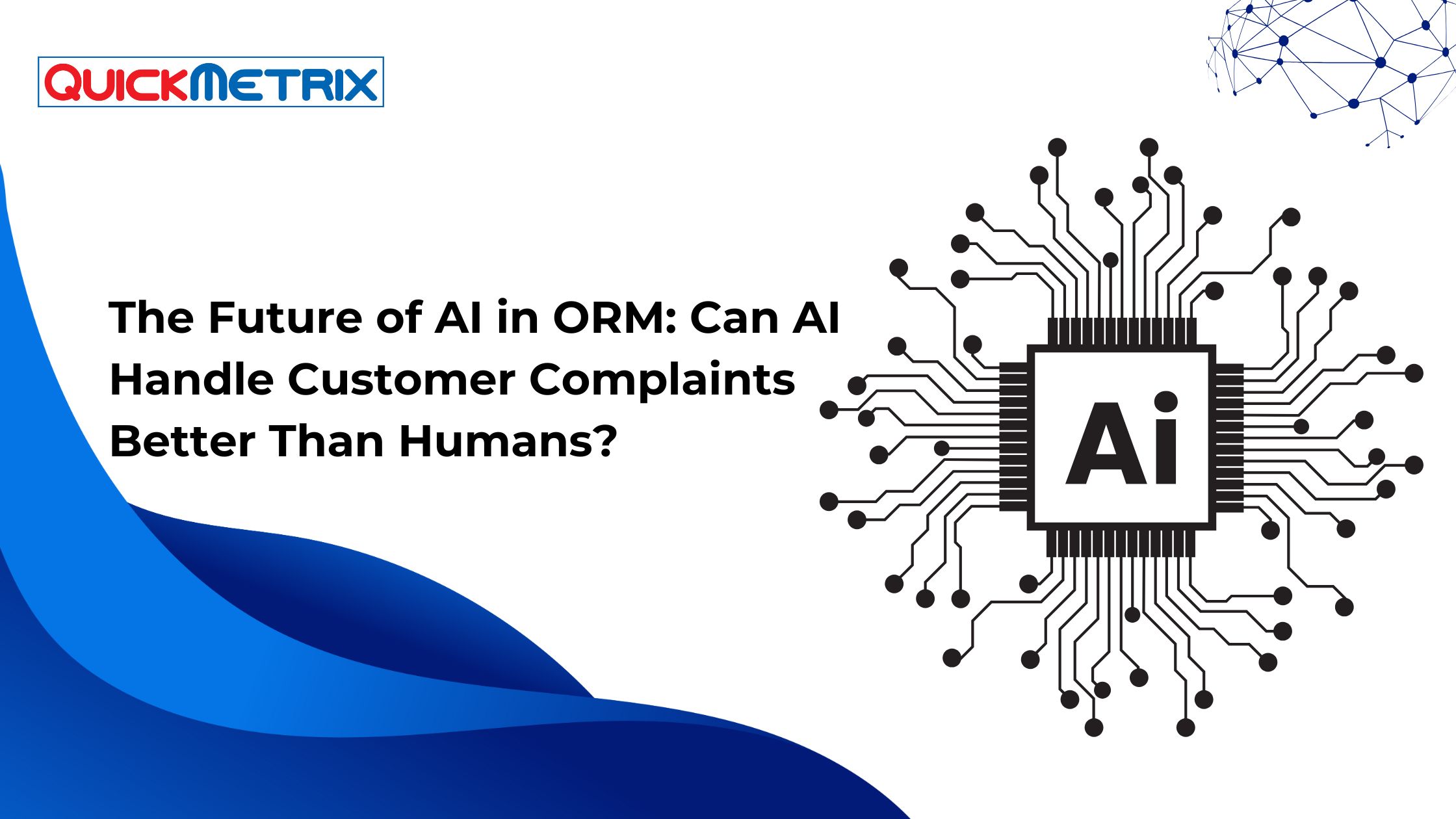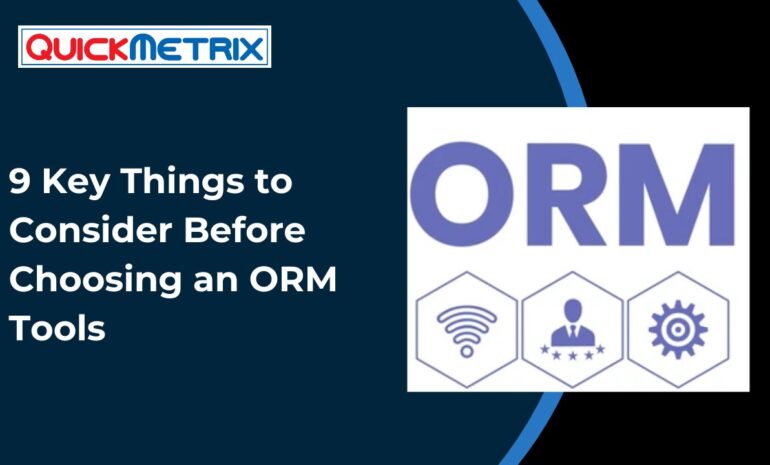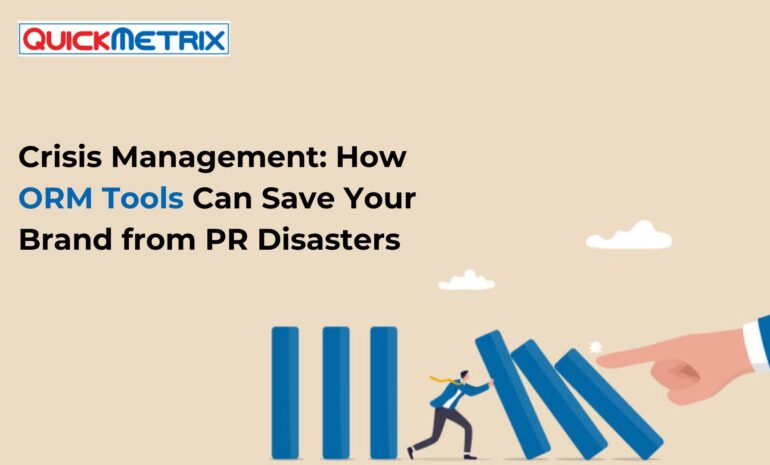- Understanding ORM: The Basics
- Definition of ORM (Online Response Management)
Online Response Management (ORM) refers to the process of monitoring, influencing, and managing an individual’s or brand’s reputation online. In today’s digital age, the perception of a brand can significantly impact its success, making ORM an essential component of brand health. By actively managing online reviews, social media mentions, and news articles, brands can maintain a positive image and build trust with their audience.
- Types of ORM Tools
There are various types of ORM tools available in the market, designed to fit different needs and preferences:
- Monitoring Tools: These track mentions of a brand across different platforms, including social media, forums, and news sites. Examples include Google Alerts and Mention.
- Review Management Tools: These help businesses manage customer reviews and feedback. Platforms like Trustpilot and Yelp for Business fall into this category.
- Social Listening Tools: Tools like QuickMetrix and Sprout Social allow brands to engage in social conversations and monitor trends affecting their reputation.
- Analytics Tools: These provide insights into brand sentiment and the effectiveness of ORM strategies. Brands often use tools like QuickMetrix to assess their online presence.
- Importance of Real-Time Monitoring
Real-time monitoring is crucial for brand perception. With the speed at which information spreads today, a single negative review or comment can escalate quickly. By employing ORM tools with real-time capabilities, brands can be alerted immediately to any mentions or comments that require attention. This swift action can help mitigate potential damage and show that the brand values customer feedback.
- The Nature of PR Crises
- What Constitutes a PR Crisis?
A PR crisis can be defined as any event that can lead to public backlash, damaging a brand’s reputation. Typical examples include:
- Product Recalls: When a faulty product poses risks.
- Controversial Statements: Comments made by company leaders that may not resonate with the public.
- Data Breaches: When customer information is compromised.
- Negative Media Coverage: Stories that cast a brand in a bad light.
- The Impact of Social Media on PR Crises
Social media has transformed how PR crises evolve. A tweet can spread worldwide within minutes, often causing reactions before a brand even has a chance to respond. The immediacy of social platforms can intensify situations, making it essential for brands to uphold their presence and engage quickly.
- Historical Cases of PR Crises
Many brands have faced significant PR crises that offer valuable lessons:
- United Airlines: The forceful removal of a passenger from an overbooked flight led to widespread outrage and negative press.
- Pepsi: The backlash from an ad featuring Kendall Jenner pointed to the insensitivity in trivializing social justice movements.
- BP: The Deepwater Horizon oil spill drastically affected BP’s reputation and financial standing, demonstrating the long-term impacts of crises.
III. ORM Tools: Features That Make a Difference
- Monitoring and Alerts
Continuous monitoring features in ORM tools are vital for keeping brands updated. These tools can send instant alerts when brand mentions occur, allowing for timely interventions. Suppose a customer posts a complaint on social media; a swift response can turn a negative experience into a positive one.
- Response Scheduling
The ability to schedule responses helps brands plan and execute their communications effectively. By having pre-drafted responses for common issues or crises, brands can assure customers that they are being heard, without the stress of crafting a reply on the spot.
- Sentiment Analysis
Sentiment analysis is a feature that assesses public opinion about a brand through data. By monitoring sentiments, brands can tailor their communication strategies according to current trends or concerns, allowing them to address specific issues proactively.
- Case Studies: ORM Tools in Action
- Successful Management of a PR Crisis Using ORM
Consider the case of Domino’s Pizza during a crisis in which employees posted inappropriate videos. They quickly addressed the situation by using their ORM tools for monitoring mentions and sentiments. With a transparent communication strategy, they apologized publicly and assured customers that they were taking action to resolve the issue. This swift action restored consumer faith and minimized the damage.
- Lessons Learned from ORM Failures
Not all ORM efforts yield positive outcomes. For instance, when a major airline faced backlash over flight cancellations, their failure to respond quickly and transparently led to increased frustration among customers. This illuminated the importance of being prepared and having active monitoring in place.
- Comparative Study of ORM Tool Effectiveness
When comparing various ORM tools like QuickMetrix, Brand24, Mention, and Reputation.com, each has unique strengths. For example, while QuickMetrix excels in social listening & ORM, Reputation.com shines in review management, showing that the effectiveness of an ORM tool can depend on specific crisis situations.
- Best Practices for Brands Using ORM Tools
- Building a Proactive Reputation Management Strategy
Developing a proactive strategy means anticipating potential crises before they arise. Brands can:
- Regularly engage with customers.
- Encourage positive reviews.
- Create a crisis communication plan detailing responses to various scenarios.
- Training Teams for Real-Time Crisis Management
Having a well-trained team capable of responding to crises in real-time makes a significant difference. Training should include how to use ORM tools effectively, ensuring everyone is aligned in their approach.
- Integrating ORM with Overall PR Strategies
ORM tools should complement a brand’s broader PR strategy. This integration ensures coherence in communication and reinforces the brand’s image across all channels.
Conclusion
Online Response Management tools play a vital role in navigating PR crises. They provide brands with the ability to monitor their reputation actively, respond to issues quickly, and ultimately protect their image. As we move forward, staying updated with the latest trends and tools in ORM will be crucial for brands looking to maintain a positive public perception.
Final thoughts: The landscape of ORM and PR management is ever-evolving, and brands must stay agile to adapt to new challenges and opportunities in this digital age.
FAQs
Q1: What are the most common PR crises brands face?
Brands often encounter crises like product recalls, negative reviews, controversial comments, and data breaches.
Q2: How quickly should a brand respond during a PR crisis?
A brand should aim to respond within a few hours, as timely communication can prevent further escalation.
Q3: Are there affordable ORM tools for small businesses?
Yes, there are budget-friendly ORM tools like Google Alerts and Mention, which cater to smaller businesses effectively.
Q4: How can a brand measure the effectiveness of its ORM efforts?
Brands can measure effectiveness through metrics such as sentiment analysis, engagement rates, and overall brand mentions.
Q5: Can ORM tools completely prevent PR crises?
While ORM tools cannot prevent crises entirely, they significantly help in managing and mitigating potential damage.
Top Social Listening Tools in 2025: Why QuickMetrix Deserves Your Attention
In the world of digital marketing, conversations are currency. ...
Read More9-key-things-to-consider-before-choosing-an-best-orm-tool (Online response management tools)
IntroductionIn today's hyper-connected world, a single unresolved tweet or ...
Read MoreStreamlining Customer Interactions: The Key to Crisis Management and Data-Driven Decisions
Streamlining Customer Interactions: The Key to Crisis Management and ...
Read MoreCrisis Management: How ORM Tools Can Save Your Brand from PR Disasters
Understanding Crisis Management in the Digital AgeDefinition and Importance ...
Read MoreSocial Listening for Financial Services: How Banks & FinTechs Stay Ahead
Introduction to Social Listening in Financial Services Definition ...
Read MoreThe Journey of QuickMetrix: Insights from Surendra Baliga on Building a Successful SaaS Business
The entrepreneurial journey is often filled with challenges, learning ...
Read MoreMastering the Market: How to Use Social Listening Tools for Real-Time Competitor Analysis
1. Introduction to Social Listening Tools1.1 What is Social ...
Read MoreHow to Get the Most Out of Social Listening Tools and Why Businesses Invest in Them
How to Get the Most Out of Social Listening ...
Read MoreUnderstanding ORM Tools: A Comprehensive Guide to Managing Your Brand’s Online Reputation
In today's digital landscape, a brand's online reputation is ...
Read MoreThe Ultimate Guide to ORM Tools: Boost Your Brand’s Online Reputation
The Ultimate Guide to ORM Tools: Boost Your Brand’s ...
Read MoreTop 10 Online Reputation Management (ORM) Tools for Social Media in 2025
Top 10 Online Reputation Management (ORM) Tools for Social ...
Read MoreListening to the Noise: How to Monitor Conversations That Matter to Your Brand
Understanding the Importance of Monitoring Brand Conversations 1.1 The Role ...
Read MoreStreamlining Online Response Management for the Hotel Industry
1. Understanding Response ManagementOnline response management to how hotels ...
Read MoreThe Future of AI in ORM: Can AI Handle Customer Complaints Better Than Humans?
I. Introduction to Online Response Management (ORM)/ Online reputation ...
Read More